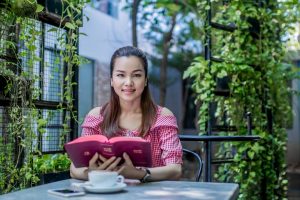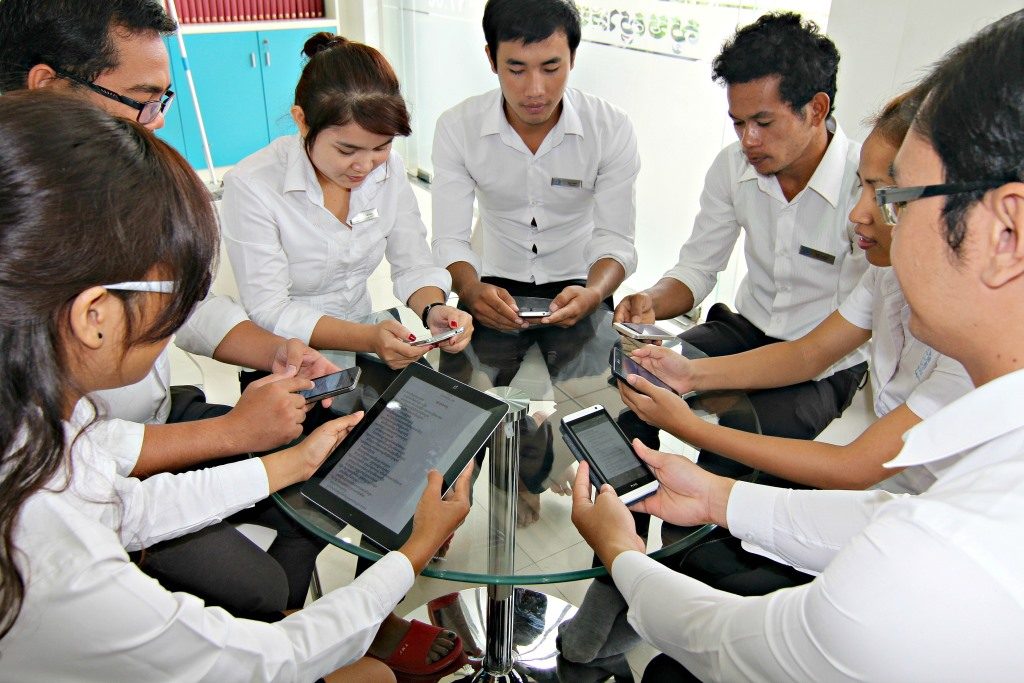Doing More for the Lord as a Global Mission Agency
This article was originally posted in our December 2017 Word@Work.
2017 is a year filled with meaning and significance for The Bible Society of Singapore. It is a season of commemorating God’s past faithfulness to us. We celebrated the 180th Anniversary of our formal registration with an array of special events and materials, acknowledging with 1 Samuel 7:12: “Till now the LORD has helped us”.
It is also a season of preparing for the future. In the same year, our Bible Society is newly appointed by the United Bible Societies (UBS) as its Mission Resource Centre (MRC) for Bible Engagement. This new role calls for us to play a more active role in serving global Bible Societies as a centre of excellence, and casts a new vision and direction for us in helping to advance the local and global Bible Mission.
The Shape of Missions to Come
The designation of certain Bible Societies as Mission Resource Centres (MRCs) was first implemented by the UBS in 2013. It reflected a vital change in the shape of missions forward, as increasing globalisation led to a greater awareness of the diverse needs of communities around the world, and of the Bible Societies that serve them.
“We believe that MRCs will play a key role in the process of improving Bible Societies’ ability to share knowledge and expertise. They will enrich the [UBS] Fellowship by ensuring that we have easy access to information and best practice in key ministry areas.”—Terje Hartberg, Head of the UBS Global Ministry Exchange
The British and Foreign Bible Society and American Bible Society were the first two MRCs appointed for Bible Advocacy and Trauma Healing respectively. More have been appointed since then, and The Bible Society of Singapore has been designated as the sixth MRC, focusing on the area of Bible Engagement.
Serving One Another, Serving Together
Bible Engagement is a pertinent need today as the world witnesses increasing ignorance and scepticism of the Bible’s truth claims and its relevance in modern society. These issues are compounded in less affluent countries, which are often ravaged by calamities like natural disasters and war, and where availability and knowledge of the Bible remains scarce.
Over the last decade, we have successfully launched several Bible Engagement initiatives to address these issues in our local context. By God’s grace, these materials and programmes have been instruments of blessing to other countries as well.
| Engaging the Bible Through... | ||
|---|---|---|
| Discipleship courses and materials such as the WISE 40-day devotional Bible-reading plan and Walk Thru the Bible (WTTB) study programmes | Programmes reaching out to various demographic groups such as the D6 Family Conference and Colours of the Bible art competition and exhibition | Organised Bible Mission Trips and Bible Land Tours |
|
|
|
In addition, our Bible Society sought to bless other Bible Societies in the region by sharing these resources, knowledge and experience to build up their capacities. Together with informal meet-up sessions with representatives from other Bible Societies, we also organised conferences and workshops as platforms for sharing ideas and exploring partnership opportunities. These included the inaugural Asia Bible Advocacy Conference in 2014, the Literacy through Listening Workshop in 2015, and the AAA Capacity Building Workshop for Bible Engagement in 2016.
Such collaborations and partnerships enhance the capacities of regional Bible Societies to serve their communities more effectively and extensively. It also opens up new opportunities for more cross-cultural missions. Thus, through the support of our donors and volunteers, God not only blessed the Bible Societies in Singapore and other countries, but also enabled all of us to play an even greater role in advancing the global Bible Mission together.
The Road Ahead
“Unless the LORD builds the house, those who build it labor in vain.” (Psalm 127:1) We continue to be thankful to God for preserving and growing our Bible Society in the last 180 years, and granting us the privilege to serve Him as the UBS Mission Resource Centre for Bible Engagement.
As we strive to do more for the Lord as a global mission agency in the new year ahead, your support is critical for the effective furtherance of the Bible Mission in Singapore and overseas. Join us as we seek to serve other Bible Societies and communities around the world, and advance the global Bible Mission together till all the earth is filled with the knowledge and glory of God!





 Not met with great enthusiasm
Not met with great enthusiasm



